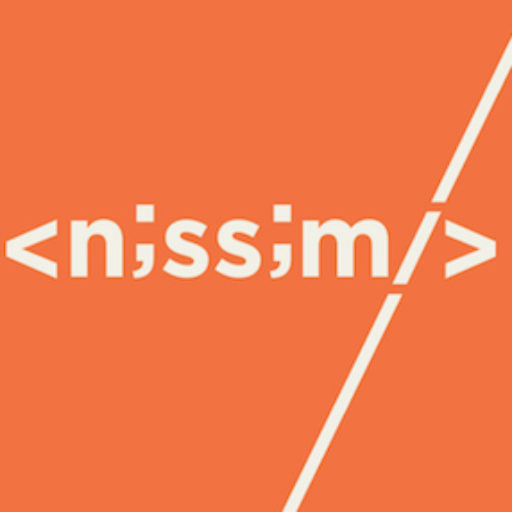“The practical consequence […is…] for the first time, a way for one Internet user to transfer a unique piece of digital property to another Internet user, such that the transfer is guaranteed to be safe and secure, everyone knows that the transfer has taken place, and nobody can challenge the legitimacy of the transfer. The consequences of this breakthrough are hard to overstate.” Marc Andreessen, American entrepreneur, on Blockchain technology.
Digital transactions weren’t common at all a couple of years ago.Today, however, millennials carry out digital transactions seamlessly. But, we often find our parents’ generation reluctant to trade online, simply because they do not trust the digital medium as it is relatively a new concept. The scenario, although, is gradually changing. More and more people are accepting the idea of digital cash, digital transactions. All thanks to technology, especially the blockchain technology.
To quickly define what digital transaction is, it is a modern system, involving one or more participants, where transactions are carried out without actual cash. Financial technology companies like Paytm, PayPal collaborate with various sectors of the economy. These companies innovate and ensure users safe and convenient methods of exchanging money.
Safety has been one of the most important concerns with regard to online transactionsTrust is risky business between parties, and in the digital world, determining trust often boils down to proving identity (authentication) and proving permissions (authorization). These two, thus, form the foundations of digital transactions.
A blockchain is essentially a digital ledger – a collection of all financial accounts that are stored online. It is like a virtual register that keeps a record of all transactions across many computers.
This blockchain is decentralised and distributed across computers. By storing data across its network, the blockchain eliminates the risks that come with data being held at a single place.
So, how does it help us? Blockchain technology can be used to create a permanent, public, transparent record of transactions made. This makes tracking digital use easier and hence the technology more trustworthy.
“As revolutionary as it sounds, Blockchain truly is a mechanism to bring everyone to the highest degree of accountability. No more missed transactions, human or machine errors, or even an exchange that was not done with the consent of the parties involved. Above anything else, the most critical area where Blockchain helps is to guarantee the validity of a transaction by recording it not only on the main register but a connected distributed system of registers, all of which are connected through a secure validation mechanism,” says Ian Khan, an author and a technology futurist.
Blockchain works on two principal technologies that combine to create a blockchain. These technologies are private key cryptography and a distributed network with a shared ledger.
Each person, who takes part in a transaction is assigned a public key and a private key The blockchain technology is to create a secure digital identity reference. Identity is based on possession of a combination of private and public cryptographic keys. However, strong control of ownership is not enough to secure digital relationships. It also provides a means of approving transactions – permissions (authorisation). The benefit and need for a distributed network is that it acts as a transparent platform on which transaction takes place. Almost like a camera! This large network where validators reach a consensus that they witnessed the same thing at the same time. Instead of cameras, they use mathematical verification.
Blockchain technology is revolutionising the financial services industry by empowering millions across the globe to authenticate and transact immediately, without costly intermediaries. It is easy to use, quick, secure and most importantly a transparent mode of transaction.
In today’s digital age, both consumers and sellers are moving towards cashless transactions and its benefits on the economy are massive. Marco Iansiti and Karim R. Lakhani, in their article The Truth About Blockchain, write how Blockchain can change the economy. They say, “With blockchain, we can imagine a world in which contracts are embedded in digital code and stored in transparent, shared databases, where they are protected from deletion, tampering, and revision. In this world, every agreement, every process, every task, and every payment would have a digital record and signature that could be identified, validated, stored, and shared.”
Contracts, transactions, and the records of them are prominent structures in our economic, legal, and political systems. They determine the interactions among nations, organisations, communities, and individuals.
Blockchain technology is playing its role in attaining a more organised, transparent economy. As consumers and entrepreneurs, all we can do is embrace it and facilitate an economy that is devoid of physical barriers.
Sources:
https://en.wikipedia.org/wiki/Blockchain
https://blog.blockchain.com/2016/04/07/merchant-spotlight-la-nay-ferme/
https://blockgeeks.com/guides/what-is-blockchain-technology/
https://www.coindesk.com/information/how-does-blockchain-technology-work/
https://www.coindesk.com/information/what-is-bitcoin/

